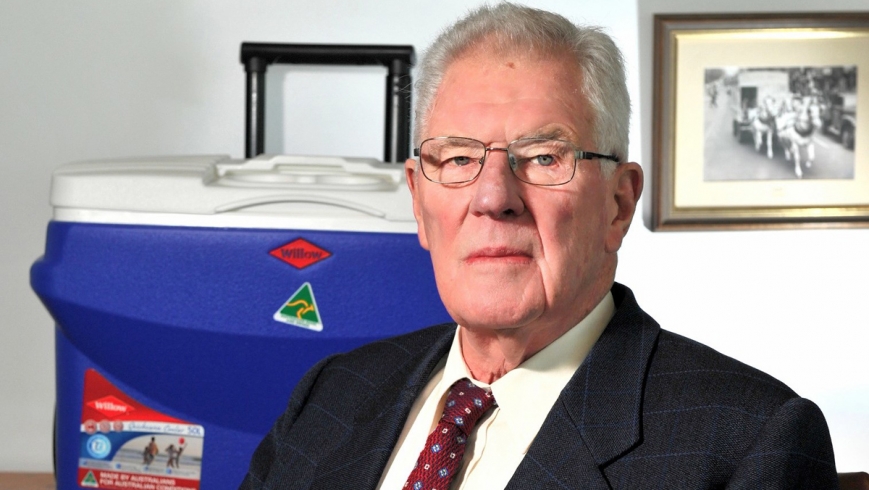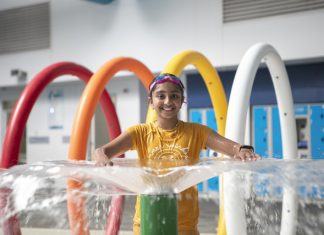With a £70 loan from their father, brothers Ralph and Richard Wilson began crafting metal machinery and tools from a shed at the rear of their Flemington family home in 1887.
The entrepreneurial-minded Wilson brothers soon enhanced their skills with a lathe, cold chisel, hammer and file to manufacture tin tea and biscuit canisters that became kitchen staples across the country.
It was perhaps this flexibility in a highly competitive market place that stood Wilson Bros, as the business was then called, in good stead to weather two world wars and the rising costs faced by the Australian manufacturing industry and saw it emerge unscathed as Willow Ware Australia.
In fact, in 2014 the business has never been in better shape. Going from producing tools in Flemington and tin-plate canisters, jams, jellies, preserves and sauces from a rented premises in North Melbourne and tin products decorated with the Oriental “Willow” pattern in 1910, the business is now solely a manufacturer of plastics.
Last week, Willow managing director, chairman and proprietor Ralph Wilson senior, who since 1956 has been at the helm of the family run company – now in its fifth generation of family ownership – was inducted onto the honour roll of the Victorian Manufacturing Hall of Fame.
When Star Weekly asked Mr Wilson, 85, why he thought he was inducted, he initially put it down to age.
“Probably because I’ve lived so long,” he said. “No, it is because we’ve been very versatile and innovative.”
Throughout the first and second world wars, and 1899-1902 Boer war, Willow produced munitions, before reverting to tin home-ware products. It then moved into plastics under Mr Wilson’s watch.
“We wanted to get out of the rat-race that was the can-making business,” he said.
The company employs two mechatronics engineers, who specialise in mechanical, electrical and computer engineering and have robotised Willow’s purpose-built Tullamarine factory.
In 1956, Willow employed about 700 staff. Today, despite having only a seventh of the man-power, Willow produces more product, the most recognisable being the famous Willow coolers, kitchenware, fuel cans and laundry and storage accessories.
Mr Wilson senior continues to greet each employee with a “hello” and a smile.
But the word employee is not part of his vocabulary.
“We’re not a company of employees, we’re a community,” he said.







